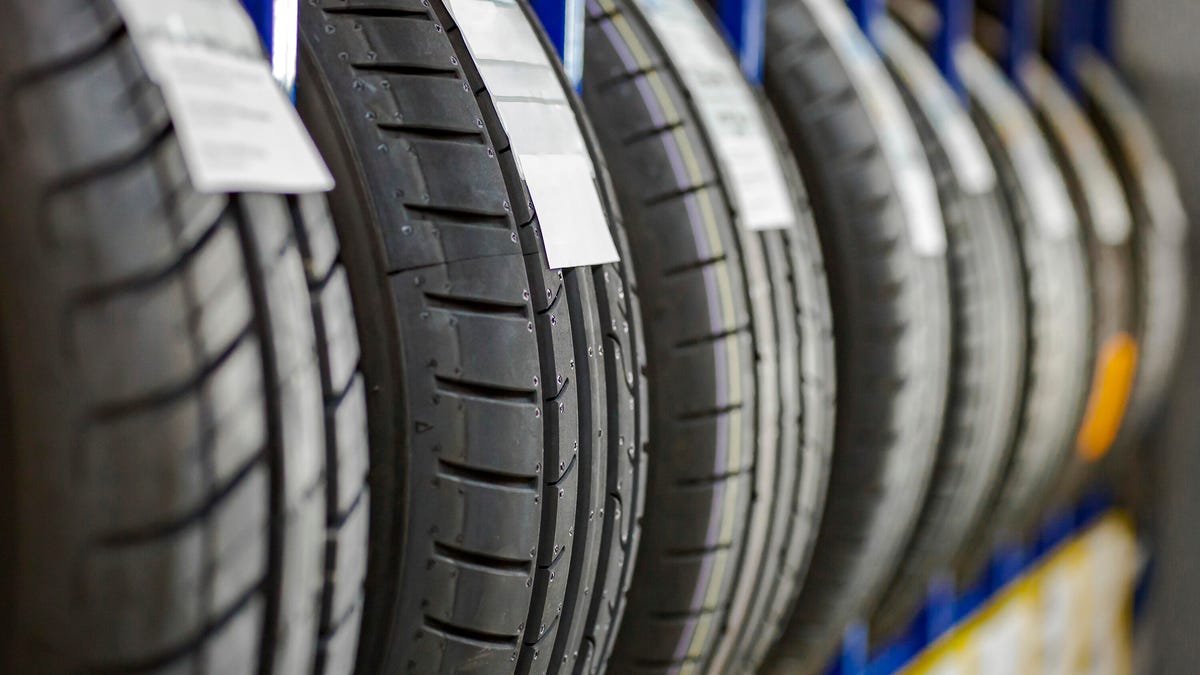Tire rubber shortage is the auto industry's next potential problem
Following a shortage of computer chips, the hits just keep on comin' for the auto industry.
Talk about kicking somebody when they're down. This past year has not been kind to the automotive industry, and now, it appears another vital component of vehicle production may place even more strain on the companies responsible for keeping us moving.
The global supply of natural rubber has taken a hit, Bloomberg reports, taking car manufacturers from a rough place to a potentially rougher one. Rubber's current scarcity issue does not have a single underlying cause; Bloomberg points to multiple contributing factors, including issues with shipping lines, countries stockpiling supply and diseases affecting the plants that supply the world with its rubber.
Thankfully, it appears the situation is not yet on the same level as current issues with computer chips that have already affected vehicle production. According to Bloomberg's report, American automakers are not feeling the squeeze, but they are keeping a close eye on it. Bloomberg's own data shows that rubber prices have continued to climb over the last year, reaching a four-year high in February.
It's yet another setback for an industry already grappling with problems aplenty. In addition to coronavirus-related shutdowns, automakers have been faced with a global chip shortage, which is creating problems that extend far beyond cars.
That said, chip scarcity has already had a profound effect. Ford announced in March that it was building F-150 pickup trucks without specific essential components and holding onto them until the needed parts arrive. General Motors stopped production of the Chevy Colorado and GMC Canyon midsize pickups in late March while temporarily ditching fuel-saving technology on its larger V8-powered trucks. Prices of the Toyota Tundra and Tacoma pickups have risen in response to the shortage, as well. Things have become so weird that Intel has offered up some of its resources to produce automotive chips in order to bolster the industry's supply.


